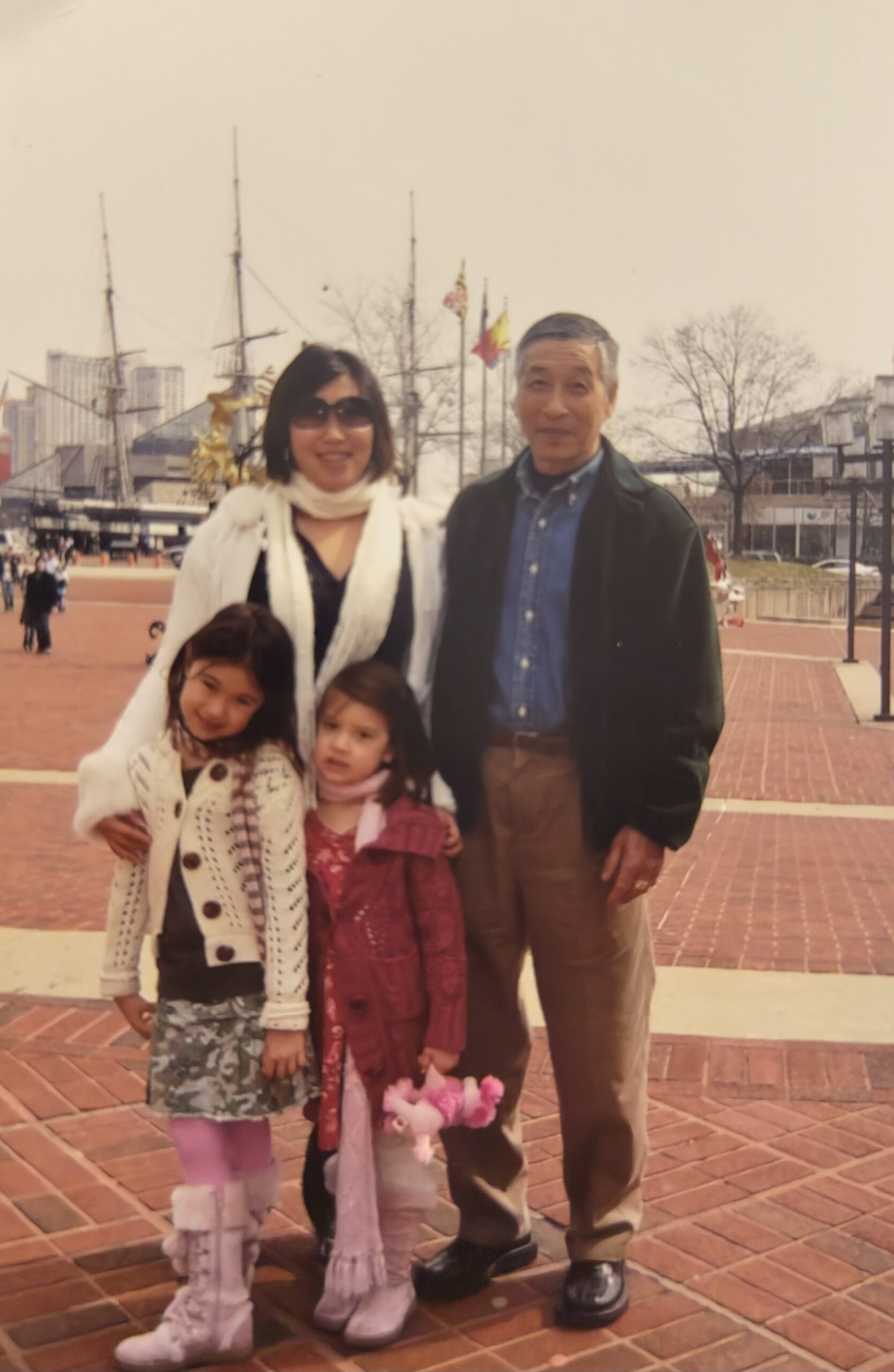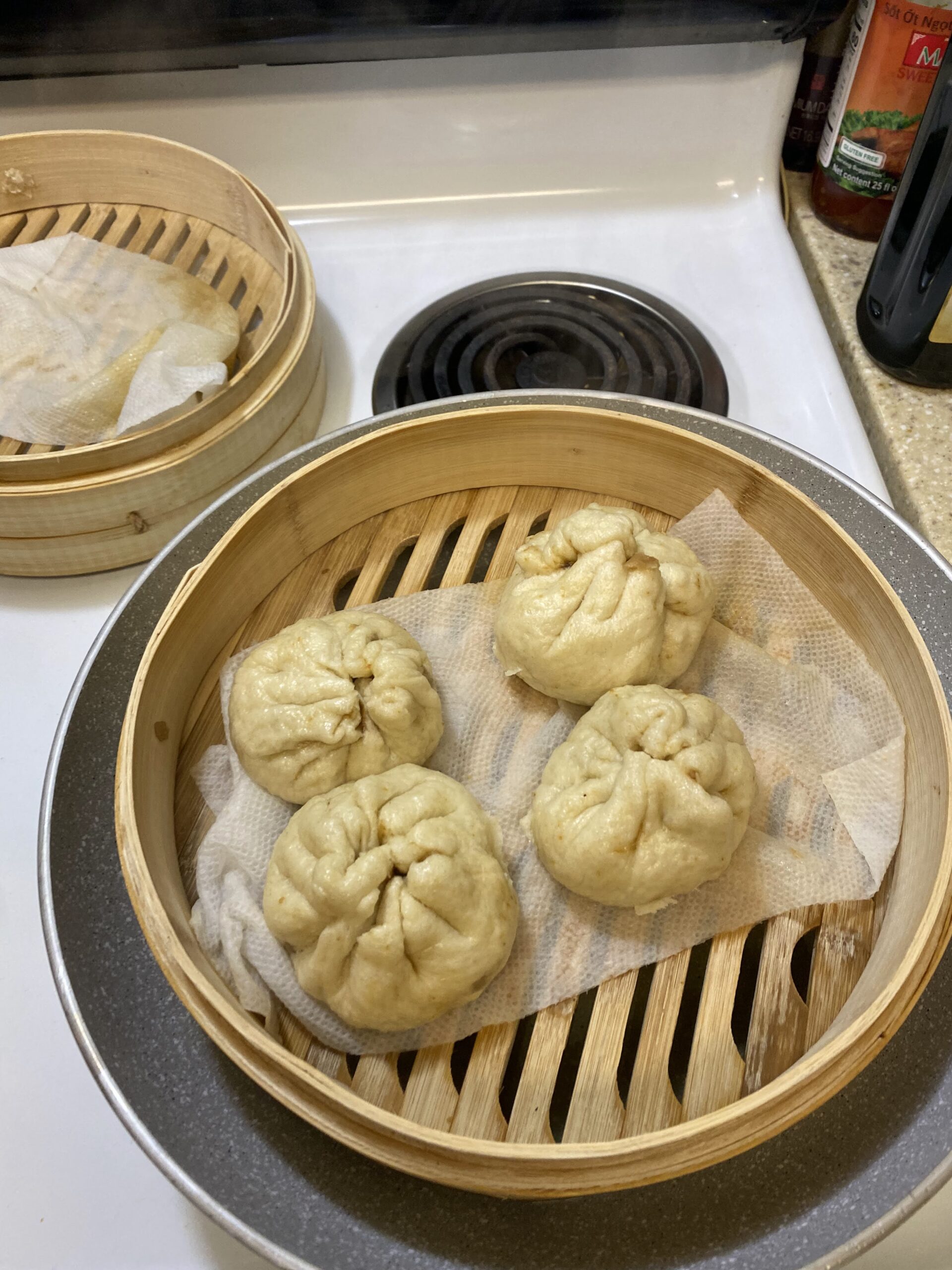Finding Home in the Kitchen
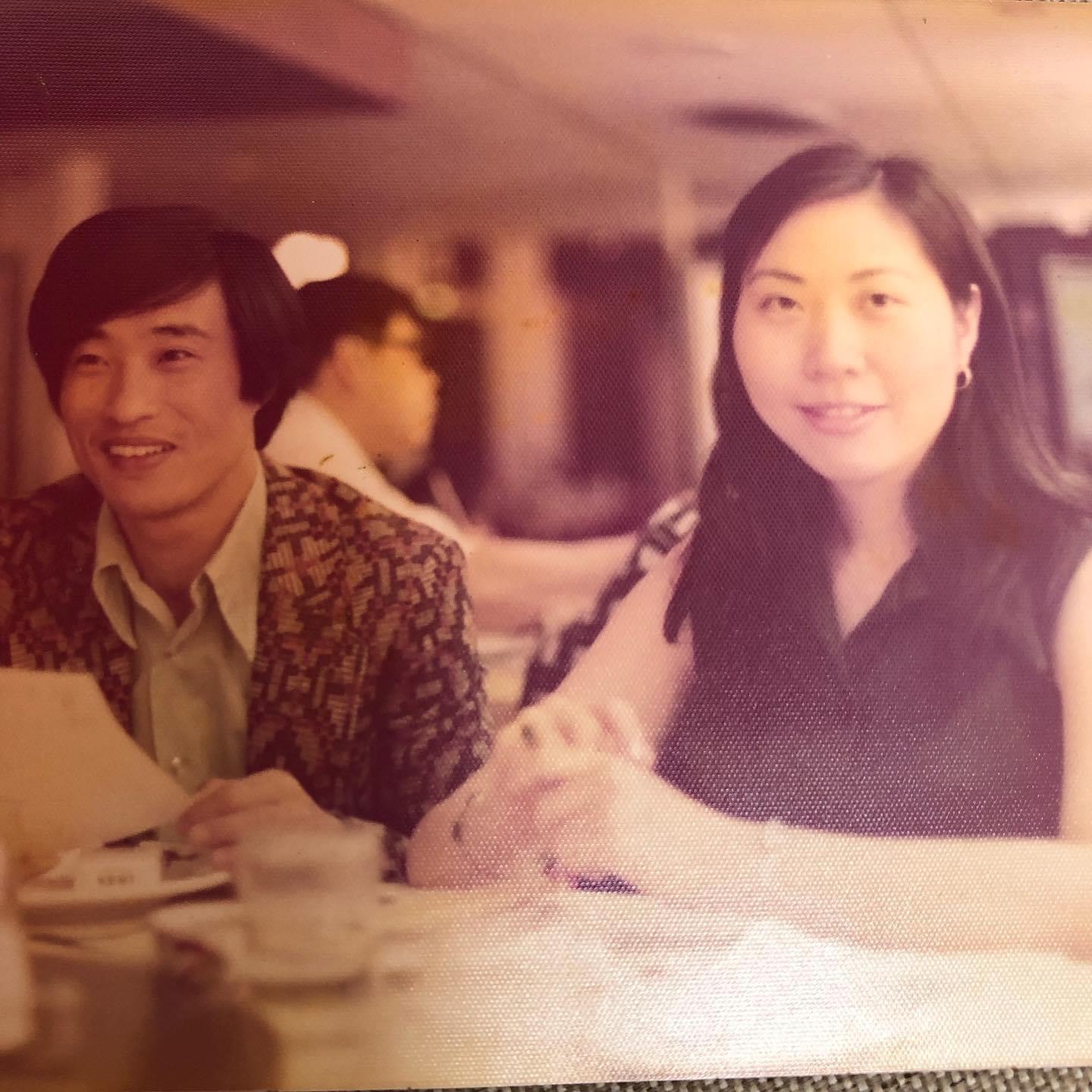
Growing Up on the Move
Moving away from home was never foreign to me. By the time I was 18, I had lived in seven different places and attended two elementary schools, two middle schools, and two high schools. Not exactly the “two-for-one special” I’d asked for, but hey, life threw in some extra packing boxes for free. Despite all the moving around, my sense of “home” stayed steady—anchored not by walls or places, but by my family and the memories we shared.
My Family’s Journey to a New Beginning
My family’s journey shaped me in ways that go beyond location. They came to America with nothing but dreams, resilience, and a willingness to work hard. In the 1960s, my grandparents—my Popo and Gongong—left China for the United States, carrying with them stories, traditions, and the drive to build a new life.
With just a seventh-grade education, Gongong worked tirelessly, first in New York City’s Chinatown, and eventually, with Popo by his side, in a restaurant they started in Louisiana. Their sacrifices built the foundation I stand on today. And though I don’t see them often, they are woven into everything I do.
Discovering “Home” in My College Kitchen
When I moved to college, that feeling of “home” felt distant. Gone were the familiar smells from my mother’s kitchen, the comforting clatter of my family cooking together. To recreate a sense of closeness, I decided to try making dishes that reminded me of my heritage. The only problem?
The nearest Asian market was 50 minutes away. So, I turned to my boyfriend at the time and said, “I need you to take me there.” In exchange for these monthly pilgrimages, I folded dumplings, made bao from scratch, fried dozens of egg rolls, and poured the flavors of my childhood into my college kitchen.
Finding Connection Through Food
In that small apartment, I cooked for roommates, friends, and even strangers who wandered in. Sharing these dishes, I hoped to give them a taste of where I came from—a blend of tradition, family, and love. And in return, I felt a piece of “home” come alive in each meal. Watching others enjoy food from my culture, seeing their appreciation, filled me with gratitude for my family’s sacrifices and the heritage they passed down.
With each dish, I connected not only to my roots but also to the memory of Popo and Gongong, and to my mother, who learned to cook in the restaurant her parents had worked so hard to build. Cooking became my way of preserving their legacy, a ritual that brought me home even when I was miles away. It reminded me that “home” isn’t a place—it’s the people you carry with you, the love you pour into the world, and the meals that make you feel whole.
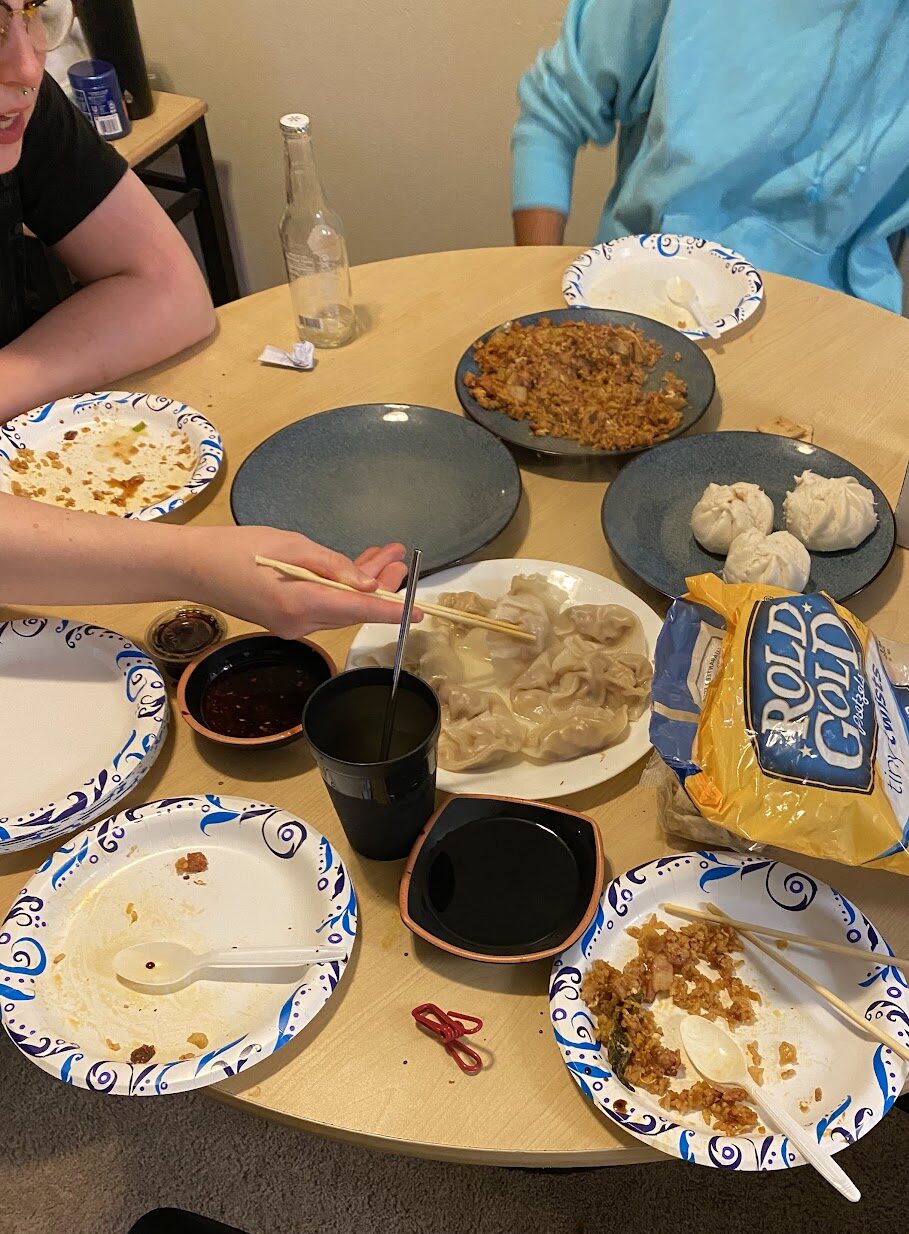
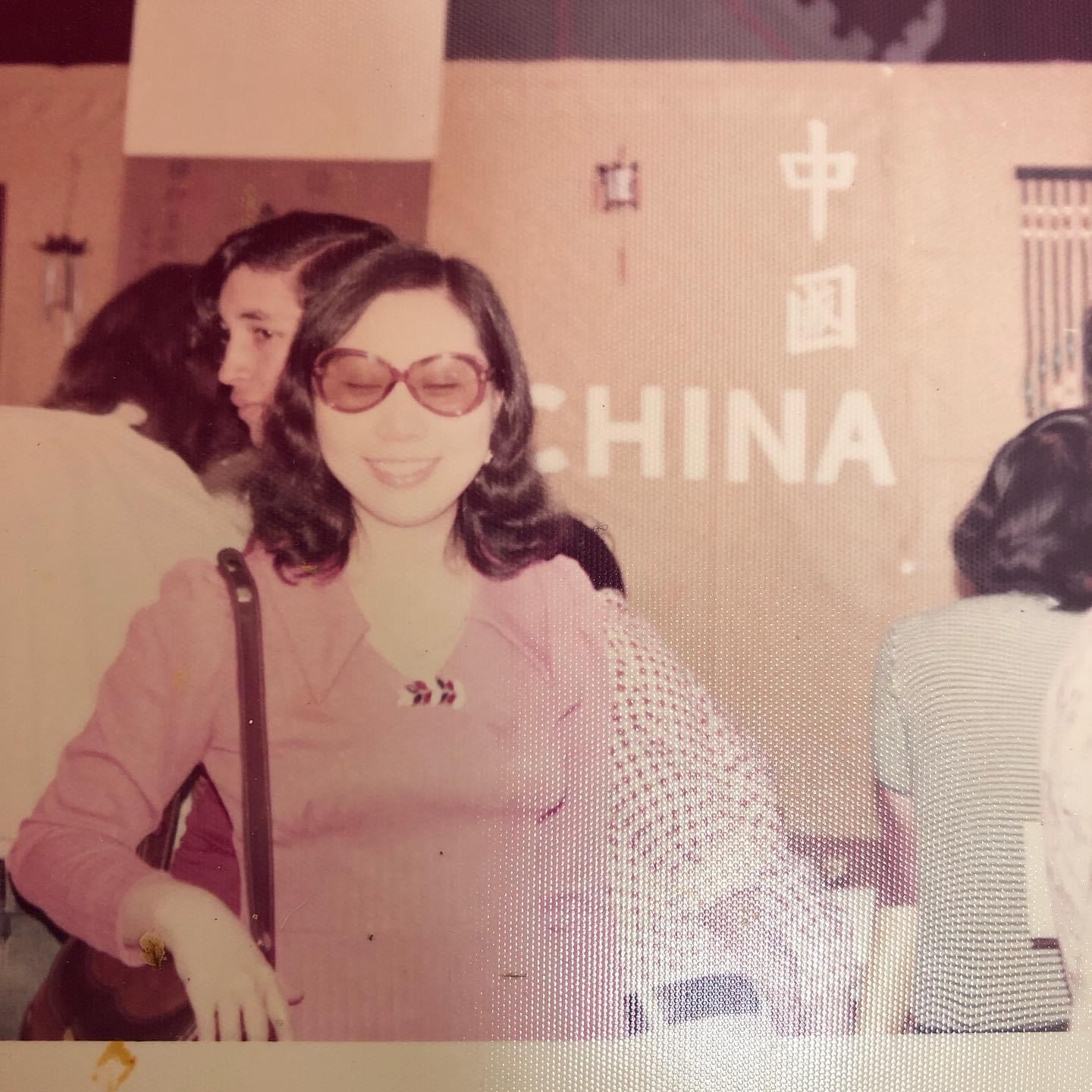
Home isn’t a place—it’s the love you carry and the meals that make you whole.
